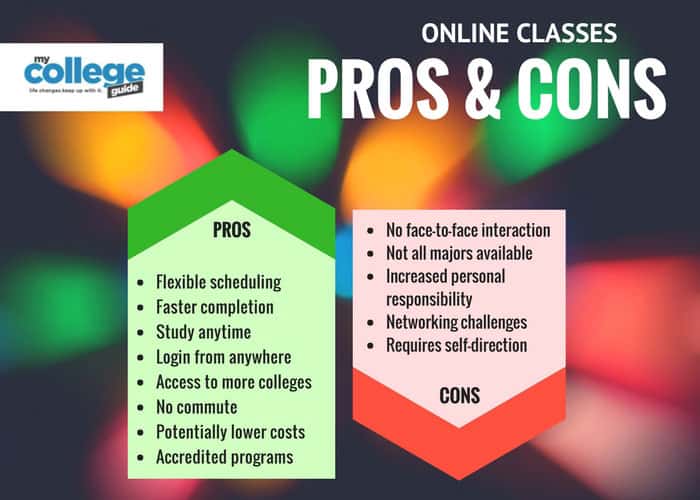
Today, online education has become more than a cheaper and less time-consuming alternative to classroom or traditional education. Online start-up camps now offer students programming and design skills that will take less time to obtain than usual college environments. But if you are about to choose between taking an online course or a classical course, consider consulting some of their pros and cons.
Online Education
Savings – Prices for online courses and training programs are becoming cheaper. In addition, free tutorials are already available. In fact, there are people who have managed to build their careers with free resources only.
Flexibility and Convenience – Even when you work or care for your family at home, there is still room to improve your current knowledge and skills. There are online courses that only require 10 to 20 hours a week. The simple option of working from home will make it much easier to integrate this into your busy schedule.
Negotiable Skills and Focus on Employment – Unlike traditional education, online courses will focus more on teaching specific, hard skills that will help you get the job you want. Training camps, for example, are designed to prepare you for design and programming work. Rather than gaining general critical thinking and analytical skills, you will practice tasks that you will do on the job market.
Digital Skills – Some online skills relate to the use of social media sites and learning content marketing. Therefore, it is natural that this is the easiest to learn through online education.
Keeps skills up to date – This form of education is the best way to keep your skills up-to-date, especially in programming. Keep in mind that the world of online courses quickly adapts to the latest trends.
In terms of its disadvantages, it has limited career options. This means that by this route you can not be a lawyer or a doctor. You will not have the usual college experience. This is only recommended for those who are autonomous and motivated.
Traditional education
Experience – That’s what you pay when you go to college. You will live in a dormitory, participate in common activities and parties and be part of a team or club. In fact, current education is only secondary for some students.
Network – This will certainly be a huge benefit if you are close to natural persons who will help you get a job. They will also help you get internships that often lead to jobs.
Recognized degree – Although a bachelor’s degree does not guarantee you a job, people are at least assured that it is a valuable form of training. This is proof that you have spent years studying and getting passing grades.
Facilities – There are courses that require certain equipment and facilities. Traditional education gives you the opportunity to gain experience in these areas.
As for its disadvantages, this road is incredibly expensive. Apart from that, it does not always save you from unemployment. Often, this may not give you the skills you need.
Before choosing a path, determine what you really want and what you can make work.